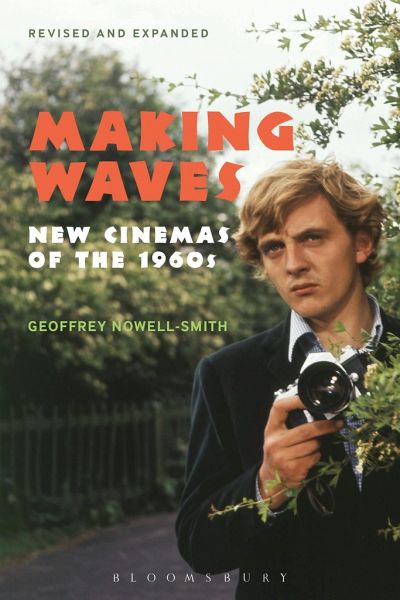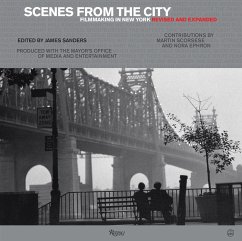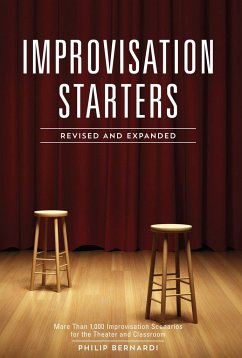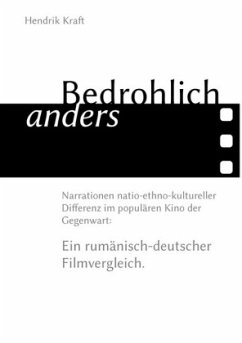Nicht lieferbar

Making Waves, Revised and Expanded
New Cinemas of the 1960s
Versandkostenfrei!
Nicht lieferbar
Weitere Ausgaben:
The 1960s was famously the decade of sex, drugs and rock'n'roll. It was also a decade of revolution and counter-revolution, of the Cuban missile crisis, of the American intervention in Vietnam, of economic booms and the beginning of consumerism (and the rebellion against it). In Hollywood, the genres which had held audiences captive in the 1940s and 50s - musicals, Westerns, melodramas - were losing their appeal and their great practitioners were approaching retirement. The scene was therefore set for new cinemas to emerge to attract the young, the discriminating, the politically conscious and...
The 1960s was famously the decade of sex, drugs and rock'n'roll. It was also a decade of revolution and counter-revolution, of the Cuban missile crisis, of the American intervention in Vietnam, of economic booms and the beginning of consumerism (and the rebellion against it). In Hollywood, the genres which had held audiences captive in the 1940s and 50s - musicals, Westerns, melodramas - were losing their appeal and their great practitioners were approaching retirement. The scene was therefore set for new cinemas to emerge to attract the young, the discriminating, the politically conscious and the sexually emancipated.
Making Waves, Revised and Expanded is a sharp, focused, and brilliant survey of the innovative filmmaking of the 1960s, placing it in its political, economic, cultural and aesthetic context - capturing the distinctiveness of a decade which was great for the cinema and for the world at large. Geoffrey Nowell-Smith pays particular attention to a handful of the most remarkable talents (Godard, Antonioni, Oshima) that emerged during the period and helped to make it so special. Nowell-Smith updates his classic text with a focus on 1960s Japan and the burgeoning New York scene.
Making Waves, Revised and Expanded is a sharp, focused, and brilliant survey of the innovative filmmaking of the 1960s, placing it in its political, economic, cultural and aesthetic context - capturing the distinctiveness of a decade which was great for the cinema and for the world at large. Geoffrey Nowell-Smith pays particular attention to a handful of the most remarkable talents (Godard, Antonioni, Oshima) that emerged during the period and helped to make it so special. Nowell-Smith updates his classic text with a focus on 1960s Japan and the burgeoning New York scene.













